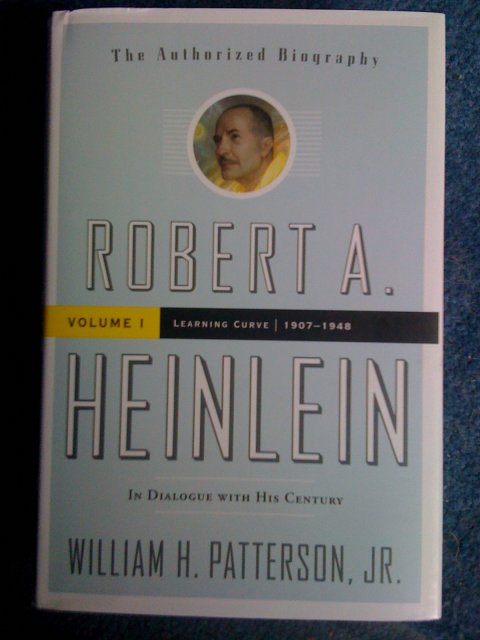Last night’s preseason game had a brief cameo appearance by Brett Favre, who only completed one pass to Adrian Peterson, and then took a big sack. Favre got up smiling after the sack, so he wasn’t hurt by it, but it was Peterson’s man who got through to Favre. Peterson needs to be better at picking up blitzes in order to stay on the field in third down situations (Chester Taylor used to do third down blocking, but he’s with Chicago this year).
Tarvaris Jackson took over at quarterback after the first series, and played the remainder of the first half. The Vikings’ offensive line didn’t show great form, allowing another sack of Jackson (that was Chris Clark’s man getting the sack) and allowing several hits on him as he released the ball. The defensive line wasn’t its usual dominant self either, as the 49ers were able to score the first points of the game against the Vikings’ starters. E.J. Henderson got his first start after coming back from a late-season injury that many thought might be a career-ender. The defensive backfield had a different look to it, with cornerback Antoine Winfield only playing one series, then giving way to second-round pick Chris Cook. The other corner was manned by Lito Sheppard and Asher Allen playing alternating series. Jamarca Sanford started at strong safety, then alternated with last season’s starter Tyrell Johnson.
Joe Webb, who the Vikings originally planned to convert to wide receiver, made a strong case for sticking on the regular season roster:
Webb, a sixth-round pick out of Alabama-Birmingham, completed seven of 14 passes for 47 yards in the fourth quarter and, more important, ran for 53 yards on three carries, including a 48-yard touchdown with 1 minute, 54 seconds left. He then showed his inexperience by getting sacked on the final play of the game for a safety.
The Vikings likely won’t get much of a look at Webb on Saturday night in their third game of the preseason against Seattle. It will be the Vikings’ exhibition home opener and, as is usually the case, the starters are expected to play into the third quarter. That will include Favre, who must get settled back into this offense after missing the first two weeks of training camp.
The problem for the Vikings is that they plan to carry only three quarterbacks on the roster, and Favre, Jackson, and Sage Rosenfels all returned from last season. Webb could be a good quarterback — given a year or two of seasoning — but he’s looked too good in his brief opportunities to risk trying to sneak him on to the practice squad, which may mean the Vikings need to hold a regular roster spot open for him.

 I finished reading the first volume last night, and I can’t wait for volume two.
I finished reading the first volume last night, and I can’t wait for volume two. 


